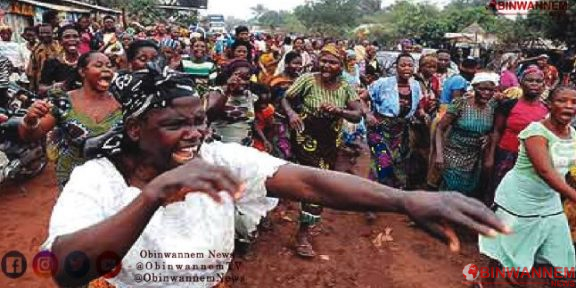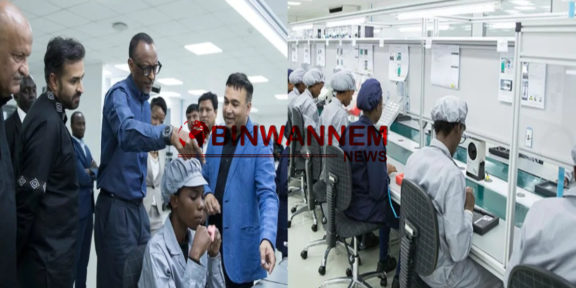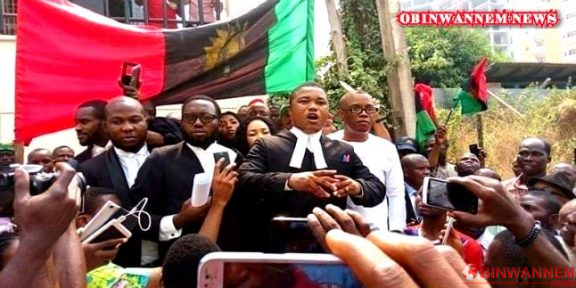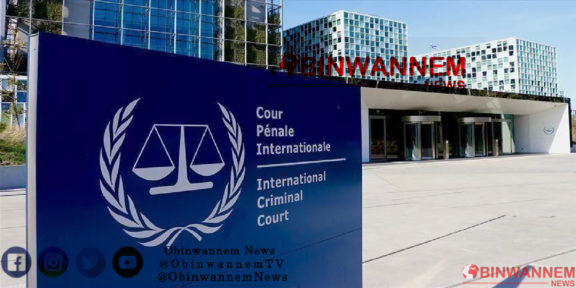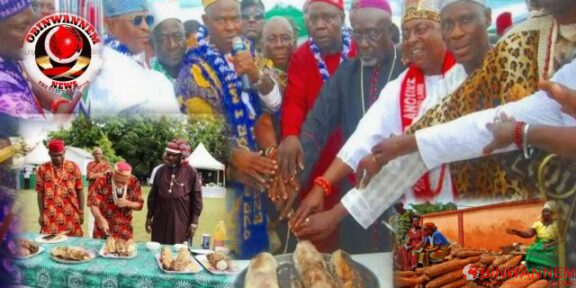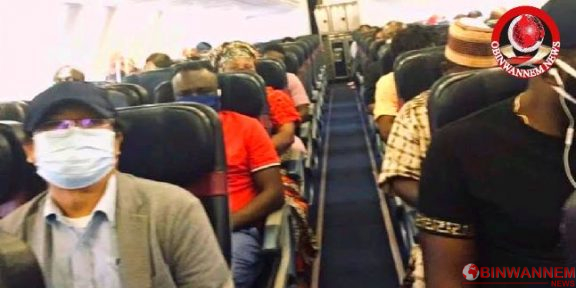The ECOWAS Court of Justice, Abuja has fixed April 22, 2021, for judgment in the case brought by a popular rights group, Socio-Economic Rights and Accountability Project. (SERAP), against the Federal Government (FG) Dover the state of insecurity in the country.
SERAP, in the suit, is seeking justice and accountability for the authorities’ failure to prevent, account for and investigate killings, raping, maiming of Nigerians and other residents, and destruction of property across the country by herdsmen and other unknown perpetrators.
The court, after hearing arguments from solicitor to SERAP, Femi Falana SAN, and the government lawyer Mr Adedayo Ogundele, on Friday, adjourned the suit to April.
In the suit, No ECW/CCJ/APP/15/16, SERAP is arguing that “the continuing attacks, killings, raping, maiming of Nigerians and other residents, and destruction of property by the military, police, herdsmen and other unknown perpetrators across the country amount to serious violations of human rights of the rights to life, to the security and dignity of the human person, and to property.”
Falana, in his argument, said: “The government has not denied the allegations of SERAP.
“The government is responsible for the unlawful killings by herdsmen and other unknown perpetrators, which have not been adequately prevented, investigated or prosecuted by the authorities. These responsibilities are heightened when an observable pattern has been overlooked or ignored, such as is the case in this suit.”
He also pointed out that “The government has a responsibility to protect and ensure the security of life and property of everyone in Nigeria. It is not enough for the government to say that civil cases have been brought by some of the victims. The government has a responsibility to investigate, fish out the perpetrators and prosecute them, and to compensate the victims.”
The suit reads in part:
“SERAP also contends that the obligation to secure the right to life is not confined to cases where it has been established that the killings were caused by an agent of the State. Nor is it decisive whether those affected or their families have lodged a formal complaint about the killings with the competent investigatory authority.
“Moreover, the Defendant has a responsibility for those killings, raping maiming and destruction of property where authorities knew or ought to have known of an immediate threat and failed to take measures that might have been expected to avoid those attacks and killings.
“SERAP further contends that the Defendant has positive obligations to provide a framework of security for the protection of life and to protect the lives of those individuals at risk from unlawful attacks by the military, police, herdsmen and other unknown perpetrators.
“The lack of accountability for the attacks by the military, police, herdsmen and other unknown perpetrators across the country has continued to create a culture of impunity which clearly is not compatible with the rule of law in a democratic society.”
SERAP vehemently argued that the FG has an obligation to secure the right to life, right to security and dignity of the human person and right to property, and to prevent attacks and killings by the military, police, herdsmen and other unknown perpetrators across Nigeria.
“Human life has a special value and dignity which requires legal protection. It should be pointed out that those affected in the present case include the most disadvantaged and vulnerable sectors of society.”
“A fundamental notion of contemporary human rights law is that victims of violations enjoy an independent right to effective remedies. This idea is itself founded on another longstanding legal principle: ubi ius ibi remedium (there is no right without a remedy).”
SERAP, therefore, is asking the ECOWAS Court of Justice for the following reliefs, among others:
“A declaration that the failure of the Defendant to exercise due diligence and to take steps to prevent attacks, killings, raping, and maiming of hundreds of Nigerians and other residents and destruction of property and other serious human rights violations and abuses by the military, police, herdsmen and other unknown perpetrators, and to conduct prompt, impartial, thorough and transparent investigations and to hold those responsible to account, is unlawful as it amounts to breaches of obligations to respect, protect, promote and fulfil the human rights guaranteed under the African Charter on Human and Peoples’ Rights and International Covenant on Civil and Political Rights to which Nigeria is a state party.”
Ifesinachi Nnabugwu reporting, Obinwannem News



